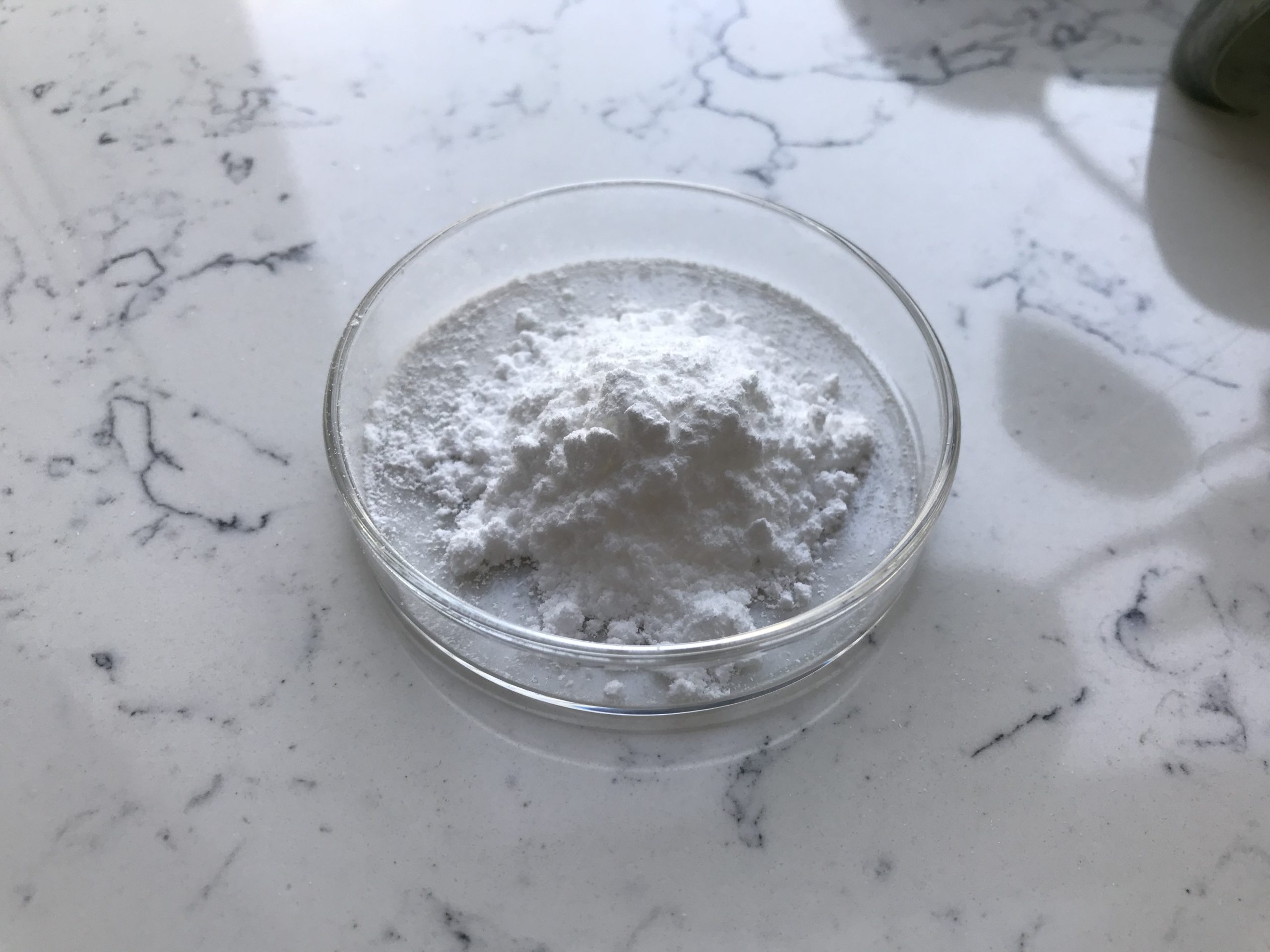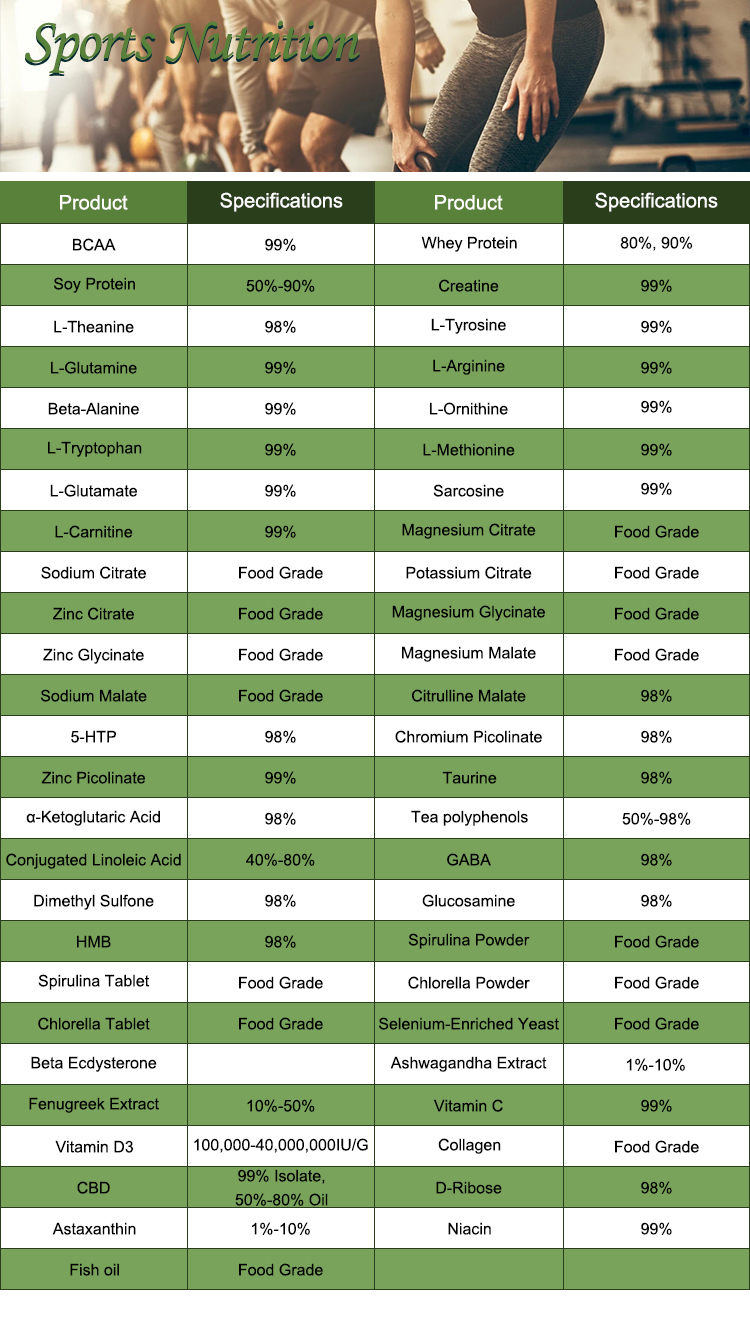L-Arginine is an amino acid that plays an important role in several bodily functions, such as protein synthesis, nitric oxide production, and blood flow regulation. It has also been studied for its potential benefits in managing diabetic complications. Here’s an overview of its relevance to diabetes:
1. Blood Sugar Regulation
- Improved Insulin Sensitivity: L-Arginine has been found to help improve insulin sensitivity, which is crucial for managing type 2 diabetes. By enhancing insulin function, it could help in the better regulation of blood glucose levels.
- Blood Sugar Control: Some studies suggest that L-Arginine might play a role in lowering blood glucose levels by enhancing the action of insulin and improving glucose uptake in cells.
2. Diabetic Cardiovascular Complications
- Nitric Oxide Production: L-Arginine is a precursor to nitric oxide, a molecule that helps relax blood vessels and improve blood flow. In individuals with diabetes, vascular complications are common, such as poor circulation and hypertension. By enhancing nitric oxide production, L-Arginine may help improve vascular function and reduce the risk of cardiovascular diseases.
- Protection Against Endothelial Dysfunction: Endothelial dysfunction is a common issue in diabetics, which can lead to atherosclerosis and other heart-related problems. L-Arginine might help protect the endothelium (lining of blood vessels) and reduce the risk of these complications.

3. Diabetic Neuropathy
- Nerve Protection: Diabetic neuropathy, a type of nerve damage caused by high blood sugar, can result in pain, tingling, or loss of sensation, especially in the extremities. Some research indicates that L-Arginine’s role in improving blood flow might help protect nerves from damage and reduce symptoms of diabetic neuropathy.
4. Wound Healing
- Improved Healing: People with diabetes often experience slower wound healing due to poor circulation and high blood sugar levels. L-Arginine has been shown to promote wound healing by improving blood flow and increasing collagen production, which can aid in the healing process.
5. Inflammation and Oxidative Stress
- Reduced Inflammation: Chronic inflammation is common in diabetes and contributes to the development of complications. L-Arginine has anti-inflammatory properties that may help reduce inflammation in the body.
- Oxidative Stress: L-Arginine may help counteract oxidative stress, which is elevated in diabetes and contributes to cell damage and the progression of complications.

Potential Risks and Considerations:
- Blood Pressure: L-Arginine can lower blood pressure by improving vascular function, which might be beneficial in people with hypertension. However, for individuals who are already on medication for blood pressure or diabetes, it’s important to monitor how L-Arginine interacts with those medications.
- Safety: L-Arginine is generally safe when used in appropriate doses. However, people with certain conditions like herpes or those on medications that affect nitric oxide production should consult a healthcare provider before using L-Arginine supplements.
While L-Arginine shows promise for mitigating certain diabetic complications, it should not be used as a replacement for traditional diabetes management. Always consult with a healthcare provider before starting any supplementation.
